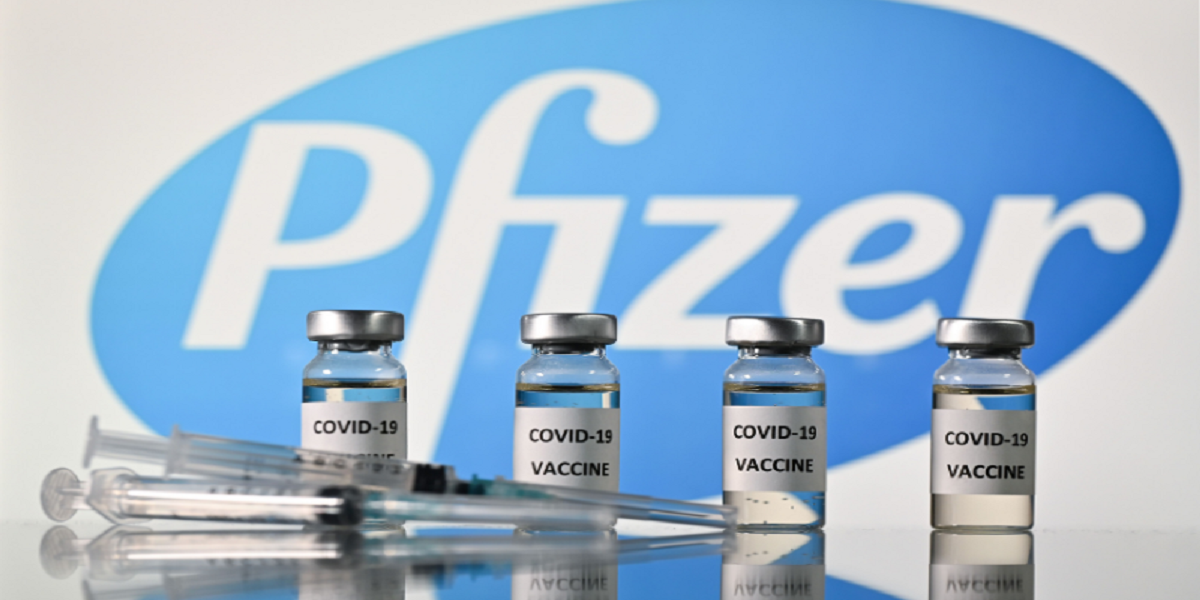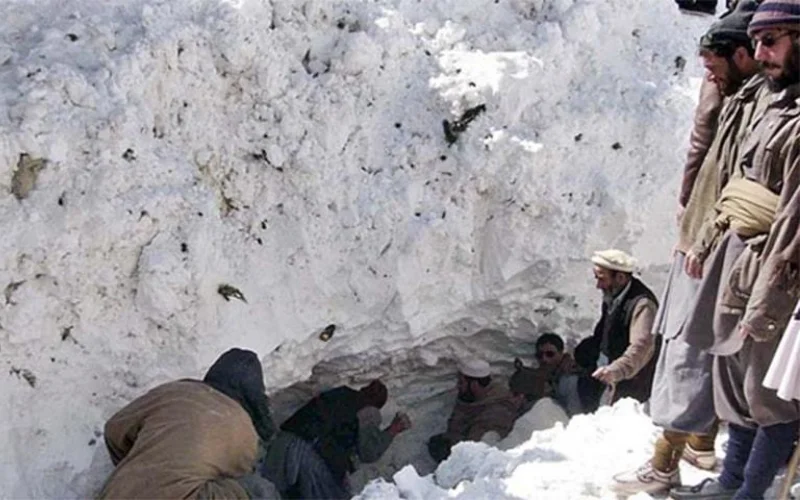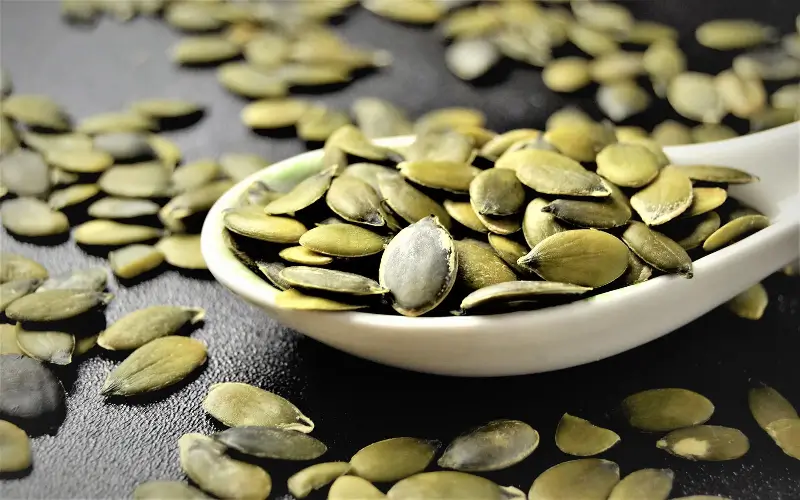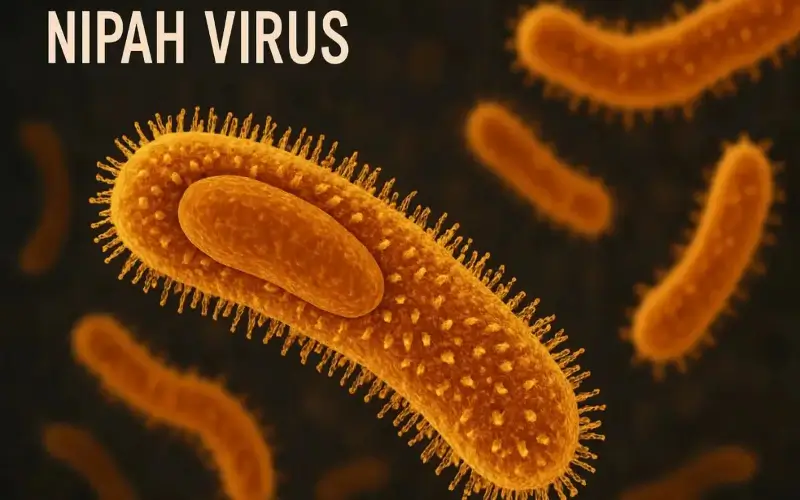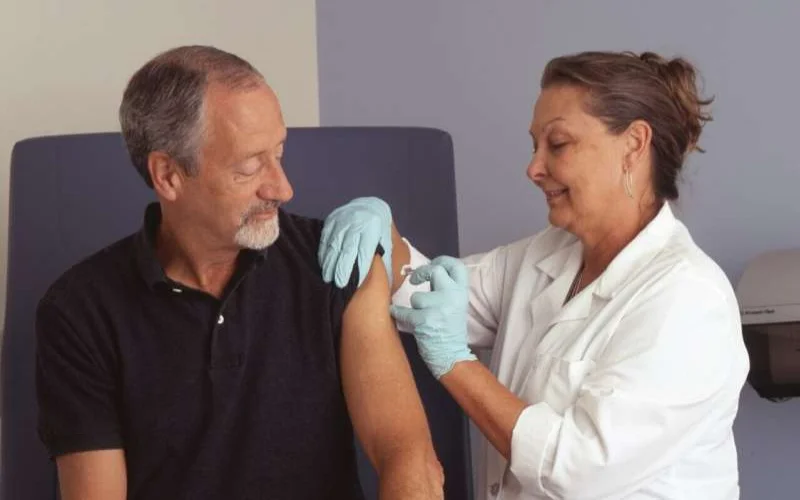The Pfizer COVID-19 vaccine is available in Karachi for those who need it for travel purposes and people with compromised immune systems.
Mehar Khursheed, a spokesperson for the Sindh health department said, “The Civil hospital, Sindh Institute of Urology and Transplantation, Jinnah hospital, and Dow hospital have the supply for Pfizer and if someone matches the guidelines they can get it administered from there,”
Ministry of National Health Services stated that the travelers should be above 18 years who require the Pfizer vaccine for travel documentation.
Anyone who wants to receive the Pfizer vaccine they should make sure that they have not received any other COVID-19 vaccine earlier.
They need to be employed overseas with a valid work visa in a country where the Chinese vaccines (Sinopharm, Sinovac, and Cansino) are not accepted. They also need to start travelling before July 26.
The health department told that people need to provide their visa, passport, and other travel documents to the vaccination center.
Sindh government has also signed an agreement with Gerry’s Visa services for COVID-19 vaccinations for students, business people, and people traveling for religious reasons.
They will modernize the Covid-19 vaccine process at select Gerry’s Visa branches. The MoU will come into effect from June 28.
The vaccination centers will run from 8 am to 10 pm throughout the week. An AIEF (emergency room for any potential side effects) will also be set up and Aman Foundation has agreed to provide an ambulance to the site within seven minutes of a call.
People with weak immune systems can get the Pfizer shot if they have any of the following:
Chronic respiratory disease: any severe lung condition, asthma that requires steroids, chronic obstructive pulmonary diseases such as chronic bronchitis and emphysema, or bronchiectasis, cystic fibrosis, interstitial lung fibrosis, pneumoconiosis, and Bronchopulmonary dysplasia
Chronic heart disease: Congenital heart disease, hypertension (high blood pressure) with cardiac complications, heart failure, ischemic heart disease including atrial fibrillation, peripheral vascular disease, or a history of venous thromboembolism (clotting)
Chronic kidney disease at stage 3, 4, or 5, chronic kidney failure, nephrotic syndrome
Chronic liver disease: cirrhosis, biliary atresia, chronic hepatitis
Chronic neurological disease: stroke, transient ischemic attack (TIA), conditions in which respiratory function may be compromised due to neurological disease (polio, cerebral palsy, severe or profound learning disabilities, Down’s syndrome, multiple sclerosis, epilepsy, dementia, Parkinson’s disease, motor neuron disease) or any degenerative disease of the nervous system or muscles
Organ transplants: Before transplant complete the vaccine course at least two weeks earlier. Post-transplant–vaccination one month after
Hematopoietic stem cell transplant recipients
Primary immune deficiency diseases (PIDDS)
Immunosuppression: chemotherapy, radical radiotherapy, HIV infection, and multiple myeloma
Immune-modulating therapy: anti-TNF, alemtuzumab, ofatumumab, rituximab, patients receiving protein kinase inhibitors or PARP inhibitors, and steroid-sparing agents such as cyclophosphamide and mycophenolate mofetil
Those treated with systemic steroids for more than a month at a dose equal to prednisolone 20mg or more per day
History of blood malignancy: leukemia, lymphoma, myeloma
Those with systemic lupus erythematosus, rheumatoid arthritis, and psoriasis who may require long term immunosuppressive treatments
Spleen problems: homozygous sickle cell disease, thalassemia major, and celiac syndrome
Women who are pregnant and lactating falling under any of these categories can receive the Pfizer vaccine.
In Sindh, 36 doses have been managed and 11,964 doses are still available.
Additional doses of Pfizer are expected to reach Pakistan by the end of July.
[embedpost slug=”us-to-add-warning-about-rare-heart-inflammation-to-pfizer-and-moderna-vaccines/”]

